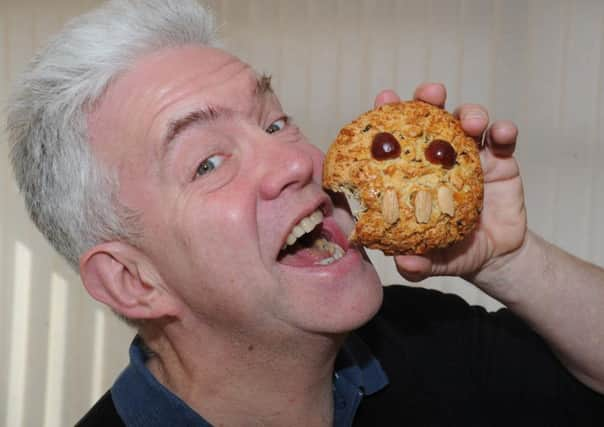Ian McMillan: How clichés are killing the English language


What’s wrong with those sentences? Well, apart from the fact that I don’t move with surprising agility for one of my bulk, they’re all clichés. The language is threadbare and way past its sell-by date. The sentences should be taken to a boot camp to sweat and toughen up. Ah, now I’ve gone too far in the other direction: I’m trying to show off my clever language skills and I’m nearly tumbling from the high wire into the valley below.
Let’s lose the “blanket of snow” though, shall we? Let’s have a duvet of snow or a tablecloth of snow at least, eh? And look, there’s no need to say “All right, all right, I’m coming” in a TV show or a radio play or a film when somebody rings the doorbell because nobody has ever said that in real life, it’s just what writers get people to say as they walk across the room to get to the door. Here’s a tip: cut to the chase and cut to the door. Open the door. Just open it. The one about “moving with surprising agility for one of his bulk” might be a more rarified example but it seems to me that I’ve seen it a number of times in thrillers and whodunits, where the wheezing detective, the one with the difficult home life, is called into action.
Advertisement
Hide AdAdvertisement
Hide AdWhen I read books and when I write columns or poems I try to have my cliché detector turned up to the max because any time anybody writes a cliché they’re doing the language a disservice. But a fine balance has to be struck because sometimes you notice that the writer has been trying too hard and often, as a writer, I certainly try too hard.
As a writer and as a reader (and I’m sure you’re the same) I’m always on the lookout for writing that is clear and concise and which somehow sparkles at the same time, which sometimes comes in the 15th draft and sometimes appears in a flash when you’re not really thinking about it.
I often wonder about one of my favourite lines from a song, “the corn is as high as an elephant’s eye” from Oh What a Beautiful Morning and how many goes it took to achieve that perfection. I imagine Oscar Hammerstein sitting there, furrowing his brow and asking the empty room what the corn could be as high as. The sky? The mountains? The moon? I wonder if perhaps he came up with the idea of the corn being as high as a giraffe’s eye and then suddenly the elephant lumbered into the room and slotted perfectly into the line, gleaming and ever-so-slightly showing off.
Be aware, everyone, be aware. Read with your language antennae fully extended so that you can detect false notes in the sentences, and when you’re writing, avoid cliché like the plague.